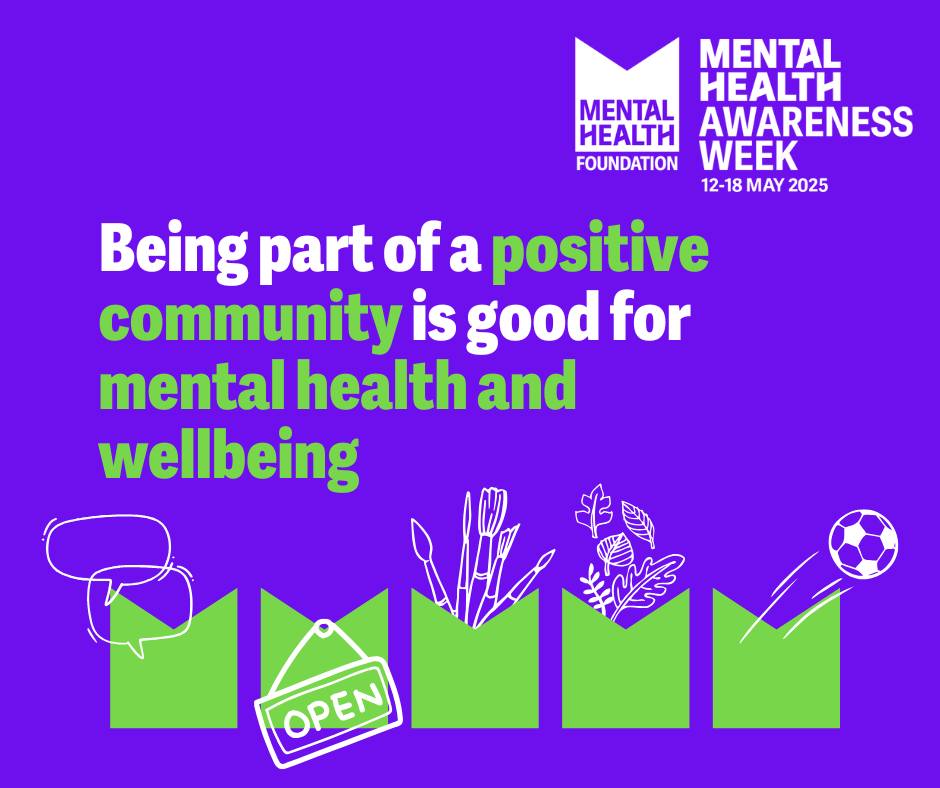‘Masking’ or ‘camouflaging’ is when a person tries to hide, disguise, or suppress certain behaviours to ‘fit’ into those around them.
Behaviours that feel natural to an autistic person, such as hand flapping or rocking, may help to calm a person but non-autistic people may sometimes think this is ‘weird’.
Masking can occur across all genders, but studies have shown that people who identify as women may mask more often than those who identify as men. Some studies suggest reasons for this may be because autistic girls and women are inclined to develop friendships more easily than autistic boys or men, and may mask behaviours to help them fit in.
Studies have found that masking can have a detrimental effect on a person’s health and wellbeing (Bradley et al., Hull et a., 2019). It can be exhausting and lead to stress and anxiety, depression, exhaustion, a delayed diagnosis, loss of identity, burnout, and an increased risk of suicidal thoughts.
Why should an autistic person have to stop being themselves just because social ‘norms’ deem them different? Have you ever been in a situation where you have felt you can’t be yourself? How did it make you feel, how long was you able to keep up the charade?
How someone masks their autistic identity will vary from person to person but may include:
- Forcing eye contact during a conversation
- Using learnt actions and gestures
- Suppressing or hiding their interest
- Using learnt phrases or rehearsed responses
- Putting up with sensory stimulation which causes them extreme discomfort.
- Disguising or hiding their stimming (using a movement that is less obvious i.e. hand flapping)
Reasons for masking may include:
- Wanting to feel part of a group, and have a sense of belonging
- To have friendships and social connections
- To feel safe and avoid bullying
- To not feel different
What can be done to help?
- Educate, educate, educate. To enable an autistic person to reduce the need to mask or camouflage is to understand autism and the reasons why a person masks.
- Create safe and supportive environments.
- Celebrate one another’s differences and validate them.
- Be inclusive.
- Provide predictability and routine – Unexpected changes can often be a reason why someone may feel the need to mask. Try and make sure the environment is as predictable and routine-based as possible for the person to feel safe and in control.
- Promote self-advocacy skills – Learning skills to speak up and advocate for themselves is empowering and useful. It can also boost self-esteem and confidence.
- Offer social and sensory breaks – People may need more regular breaks from social interactions and time away from sensory stimuli such as talking, lights, noises, smells etc. Give the person more time and space. This may mean them engaging in stimming or their favourite activity/interest.
- Reduce demands.
Flo is an autistic woman who featured in the BBC documentary ‘Inside Our Autistic Minds’, presented by Chris Packham. She is a stand-up comedian and lives in Wiltshire with her husband Duncan.
She quotes.
“When you’re autistic, masking, camouflaging is a survival strategy. It’s to avoid judgement or avoid bullying, it’s a way to fit into the non-autistic world. – Flo
Click on the link below to hear her experience of masking.
Inside Our Autistic Minds: What parents can learn about masking and non-speaking autism – BBC Bitesize
Written by: Sharon Marsden, Autism Lead

